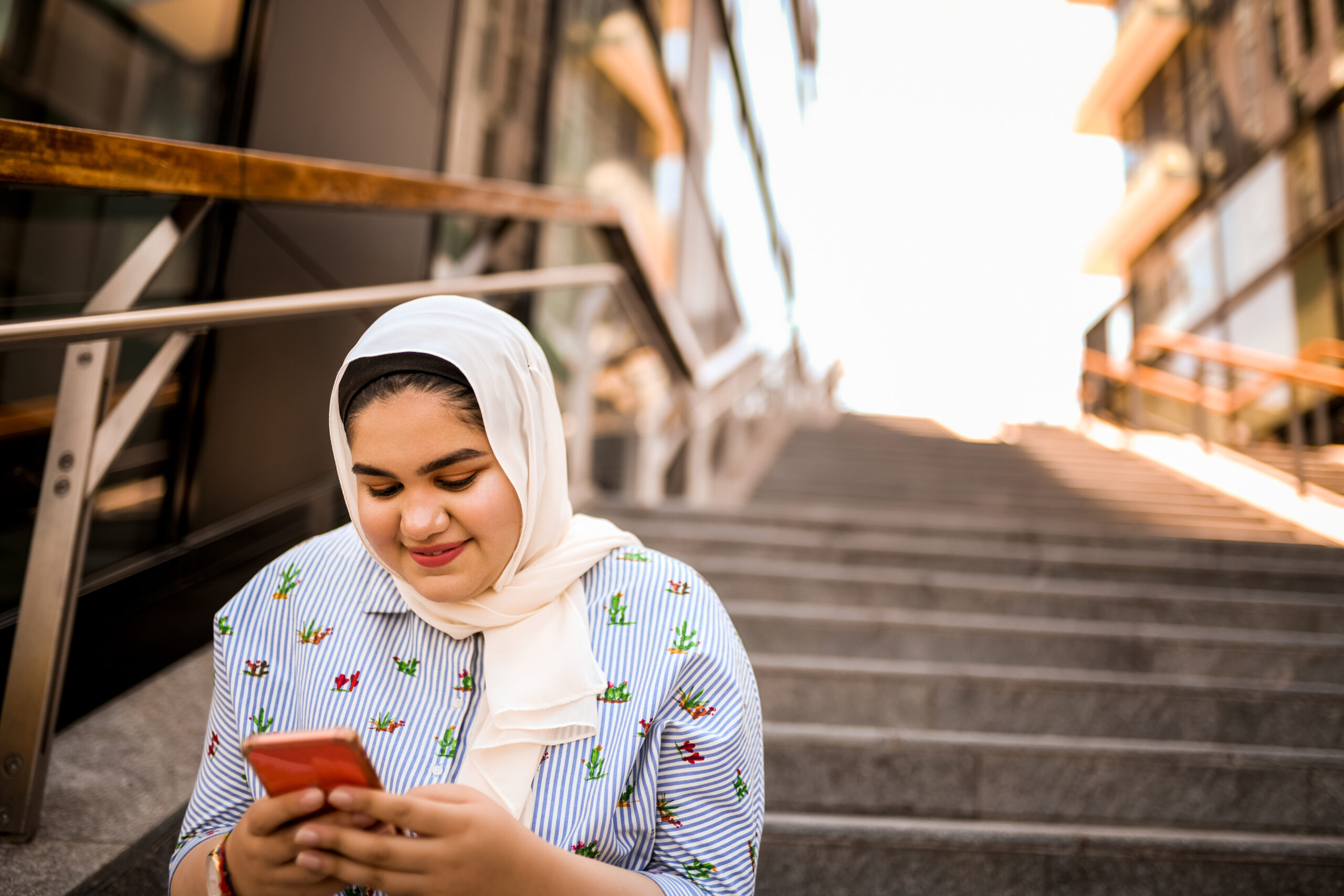Digital Engagement Module
Overview
The lessons and activities in this section help students interpret cultural and social differences, respond and engage respectfully, and evaluate, create, and share different types of media content. Skills addressed: context, information quality, and media literacy.
Search My Digital World
Featured

Passwords
Students will learn how to keep their online information more secure by using and maintaining strong passwords. Students will learn about the principles of strong password design and the potential problems of password sharing.
View Page
Cybersecurity, Phishing, and Spam
Students will learn about malicious online users who might attempt to use security weaknesses to gather information about them.
View Page
What is Verification?
Students will learn what information verification is and why it is important for news consumers to verify the stories they read or view.
View Page
The Verification Steps
Students will learn about a five-step checklist they can use to verify the origin, source, date, location, and motivation of a news image or video.
View Page
Versions of Media Texts
Students will define what a scrape (a copy from an original) is and explain why this can make the verification process more difficult.
View Page
Passwords
Students will learn how to keep their online information more secure by using and maintaining strong passwords. Students will learn about the principles of strong password design and the potential problems of password sharing.
View Page
Cybersecurity, Phishing, and Spam
Students will learn about malicious online users who might attempt to use security weaknesses to gather information about them.
View Page
What is Verification?
Students will learn what information verification is and why it is important for news consumers to verify the stories they read or view.
View Page
The Verification Steps
Students will learn about a five-step checklist they can use to verify the origin, source, date, location, and motivation of a news image or video.
View Page
Versions of Media Texts
Students will define what a scrape (a copy from an original) is and explain why this can make the verification process more difficult.
View Page
